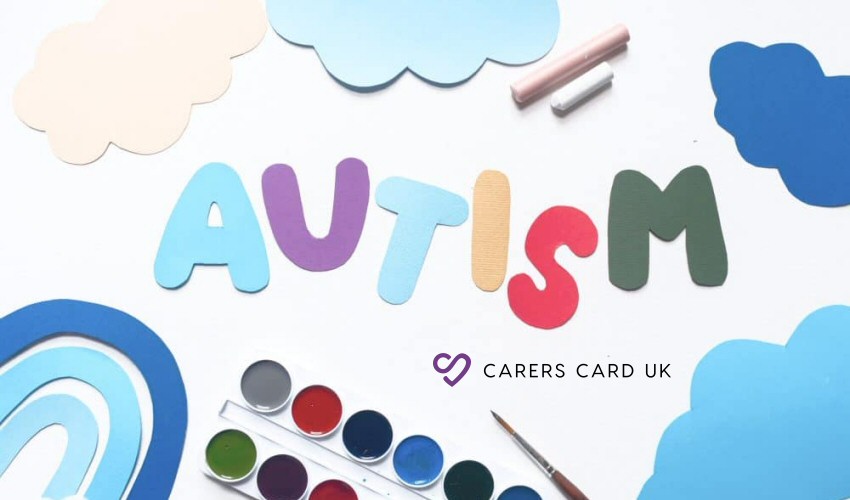What is autism and how do I recognise it in a loved one?
Autism, also known as Autism Spectrum Disorder (ASD), is a neurodevelopmental condition that affects how individuals perceive and interact with the world around them. It is characterised by a wide range of challenges, including difficulties with social communication and interaction, repetitive behaviours, and a range of strengths and differences in thinking and learning.

Recognising autism in a loved one may involve observing various signs and behaviours, such as:
1. Communication Challenges: Individuals with autism may struggle with verbal and nonverbal communication. This can manifest as difficulty in maintaining conversations, using gestures, making eye contact, or understanding social cues like facial expressions or tone of voice.
2. Repetitive Behaviours: Repetitive behaviours are common in autism. This may include repetitive body movements (e.g., hand-flapping or rocking), insistence on sameness in routines, or intense focus on specific interests or topics.
3. Social Difficulties: Difficulty in forming and maintaining social relationships is a hallmark of autism. Recognize signs such as a limited interest in peers, difficulty understanding social norms, and challenges in forming reciprocal friendships.
4. Sensory Sensitivities: Many individuals with autism have heightened sensitivities to sensory stimuli, such as lights, sounds, textures, or smells. They may react strongly to sensory input that others find tolerable.
5. Delayed Speech and Language Skills: Some individuals with autism may experience delayed speech and language development, while others may have strong language skills but struggle with using language for social communication.
6. Lack of Imaginative Play: Children with autism may exhibit limited or absent pretend or imaginative play. They might engage in repetitive play activities with specific objects or focus intensely on one topic or interest.
7. Narrow Interests: Individuals with autism often have intense, specialised interests in specific topics or subjects. They may become experts in their chosen areas of interest.
8. Difficulty with Changes: Many people with autism find it challenging to adapt to changes in routines or unexpected events. They may become anxious or distressed when routines are disrupted.
9. Delayed Social Milestones: Recognising developmental milestones that are significantly delayed in comparison to peers can be an indicator of autism. This may include delays in reaching speech and language milestones or social development milestones.
10. Unique Strengths: It‘s important to remember that individuals with autism also possess unique strengths and talents. These may include exceptional attention to detail, advanced memory skills, or a deep passion for their areas of interest.
It‘s crucial to approach the recognition of autism with sensitivity and understanding. Autism is a diverse spectrum, and individuals with ASD can vary widely in their experiences and abilities. If you suspect that a loved one may have autism, seeking a professional evaluation and diagnosis by a healthcare provider or specialist, such as a developmental paediatrician or a psychologist, is essential. Early diagnosis and appropriate support can significantly improve an individual‘s quality of life and help them thrive in their unique way.
Posted: 07/10/2024
